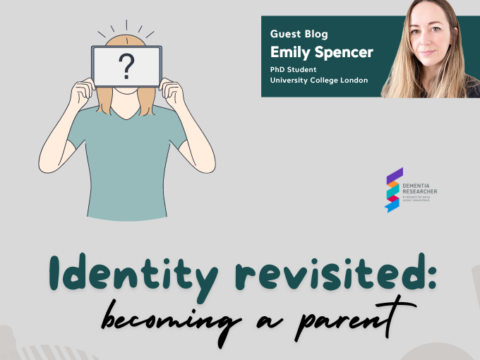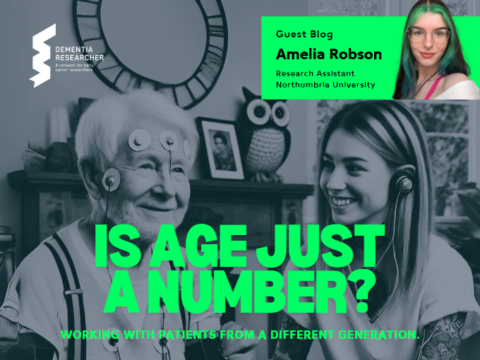Lately I have been involved in many interview panels and, coincidentally, also in helping a substantial number of colleagues to prepare for grant and research job interviews. My repeated exposure to the person specification assessment process in a short window of time has made me acutely aware of a few behaviours that I greatly appreciate in candidates. The reason why I value those behaviours is that they help me understand the strengths and personalities of the candidates better. These are my 5 top tips to help you prepare for research job interviews:
1. Do not just comply, add value.
If you have made it to the interview that is because you meet the criteria and can do the job. But, what added value can you bring to the team? This can make a difference and can tip the balance in your favour when the competition is tight. For instance, in a recent interview, one of the candidates explained how she could use the experience in diversity and inclusion that she had gained in a previous role, to enrich that aspect of our study. She shared an anecdote that resonated loudly with our interests. This set her apart from the other candidates because she proved her ability not only to do the job but to add value to it.
2. Give concrete examples of your skills and experience.
Avoid paraphrasing the job description and avoid using cliches (e.g., “I have excellent communication skills and a good understanding of research governance”). Instead, provide concrete examples of those skills. Set the scene. Share a story or anecdote that the panel can visualise. And emphasise the learnings you took away because your learnings reflect your uniqueness. For instance, in another recent interview, the interviewee gave a personal account of being a Covid-19 nurse during the pandemic. She highlighted the intense disappointment faced by some people with cognitive Covid-19 who do not meet the criteria to enter research studies. She explained that in her experience managing expectations during recruitment and making a provision of psychological support, it was important when planning a clinical study involving people with long-covid. This candidate did not just say “I have worked for two years in a Covid clinic, and I have a lot of experience”. What she did instead was providing precise and compelling evidence of that experience and the learnings she took away.
3. Be honest AND resourceful.
Be prepared to admit that you do not have a certain skill but do not leave the panel with an “I do not know how to do that. Full stop.” response. That is an empty response. You are not giving your interviewers any information that they can use to make a decision. Instead, what you can do is to admit that you do not have experience in a certain method AND provide an example of how you can supply that deficit. For instance, you can say “I have however extensive experience in this other thing, that is very important because XYZ and it will allow me to get part of the job done while I catch up with the other method”. With this addition to your response, you are providing information that the panel can assess and use. Being creative and resourceful is highly regarded in research!.
4. If you are asked to prepare a presentation, prepare a presentation.
I have sat on panels where interviewees who had been asked to give a 5-minute presentation showed up to the interview without having prepared their presentation. There is always a reason for a panel to request a presentation. For instance, it may be that the panel wants to assess your visual presentation skills because these are very important skills for a scientist and maybe even critical, depending on the role you are applying for. Another example of a reason for requesting a presentation is that there may be a neurodivergent person in the panel for who it may be easier to understand your capabilities and skills if this information is offered in a visual format. All in all, if you fail to provide the information the panel needs in the format it was required, you may be putting yourself at disadvantage.
5. Do not pretend to be who you are not: be unique, be yourself.
Good panels and lab leaders will spot oversellers straight away. It is better to be honest and transparent with your skills. Focus on why they are important and all you can offer, rather than trying to convince the panel that you have more skills or knowledge than you have or even faking ambitions or a personality that you do not have. Perhaps you are introverted and not very comfortable assessing research participants but fantastic at methods, data management and analysis. Great, talk about those skills. Perhaps you are not good with numbers but have great qualitative analysis skills and are great at public engagement. Fantastic, tell them more about that. Whatever your strengths are, describe them clearly and give examples. And let the panel make their judgment.
Inevitably, you will be a good fit in some places but not that good in others. That is perfectly fine. You probably do not want to work in a lab where you do not fit anyway (how could that story ever have a happy end?), so do not take rejections as defeats. Take rejections as redirection. As being a step closer to that lab where you are the person they are looking for, where you will be genuinely appreciated for your skills and personality and where you will be supported through good and bad times.
Good luck with your next interview!

Dr Aida Suarez-Gonzalez
Author
Dr Aida Suarez-Gonzalez is a Clinical Neuropsychologist and Senior Researcher at the Dementia Research Centre, UCL Institute of Neurology at Queen Square. With many years clinical experience working in Spain, Aida now investigating non-pharmacological interventions, services and assistive technologies to support people living well with dementia.
What tips would you add to those already provided by Aida? Registered Members can reply below

 Print This Post
Print This Post




